The holidays can be busy and stressful. This can often increase anxiety and depression. We can get so caught up in activities and responsibilities that we forget the importance of relationships with friends and family. Remember, the holiday season is about the presence of people in your life, not the presents you give and receive. One way to combat stress this time of year, or anytime for that matter, is to practice gratitude.
What is Gratitude?
One definition is “The quality of being thankful; readiness to show appreciation for and to return kindness.” While this is a personality trait that some people may possess in greater quantity than others, it is also a skill anyone can practice and develop.
Why gratitude?
Studies show expressing gratitude creates increased activity in multiple areas of the brain. These activity patterns are different from other emotions, which means gratitude affects our brain in a unique and different way. These effects seem to continue months later, and result in heightened awareness and sensitivity in a specific region of the brain. The result is the practice of gratitude is more likely to increase future practice of gratitude.
People who practice gratitude report decreased depression and increased feeling of well-being. Gratitude helps us focus on what is right and good in our lives, as opposed to troubles and stress. This change in focus changes the chemistry in your brain, as well as counteracts the negative thinking that often worsens depression and anxiety.
What would it be like if you began each day by asking, “What is beneficial in my life right now? What can I be grateful for? What or who is working to support me in my health and healing?” There is a spiritual law that says, whatever you focus on expands. As you pay more attention to the good in your life, you will notice more and more of that good–and through the law of attraction, you will attract more good to you.
Expressing gratitude does not mean denying pain or uncomfortable feelings. It doesn’t mean that you’re not in the darkness. But it does help you to recognize those points of light that exist in the darkness.
Try this gratitude exercise. At the end of the day, write down an event that went well, or something you are grateful for (see if you can come up with three). Do this for 21 days. At the end of three weeks, you may feel a bit lighter or more optimistic. To support this process, you can place something by your bedside (an object, a photograph, an affirmation, etc.) that helps to instill a feeling of gratitude. As you set aside time each day to give thanks, you will notice the presence of grace even during difficult times.
Dr. Ellen Diamond is a Clinical Psychologist for Ketamine Wellness Centers, Inc.





